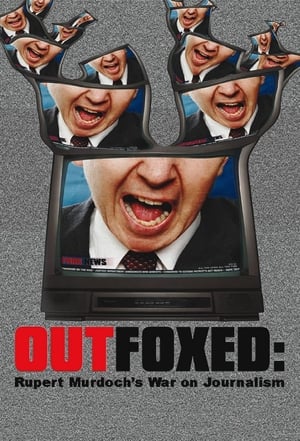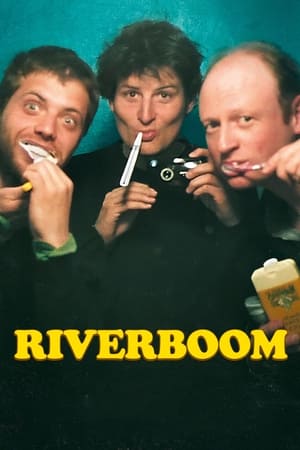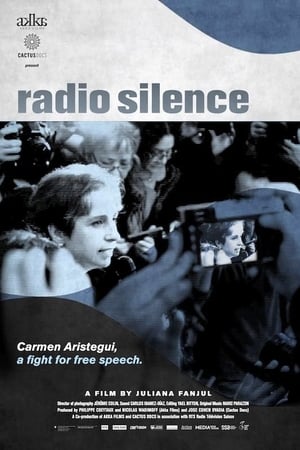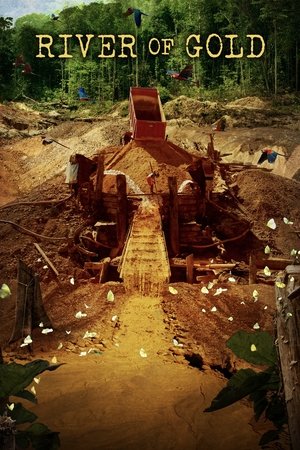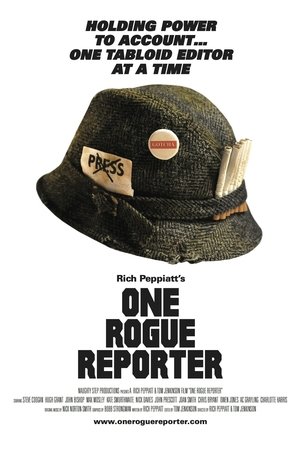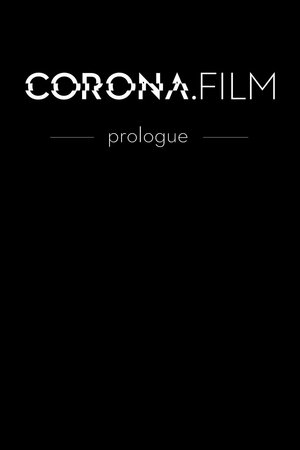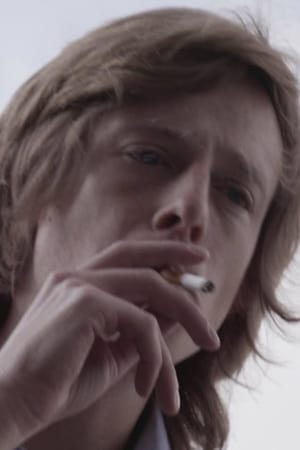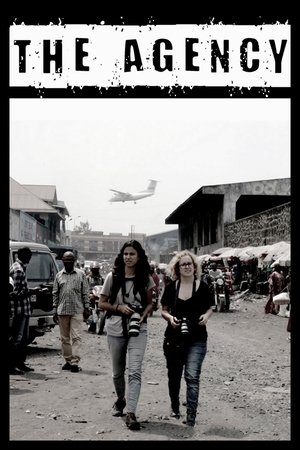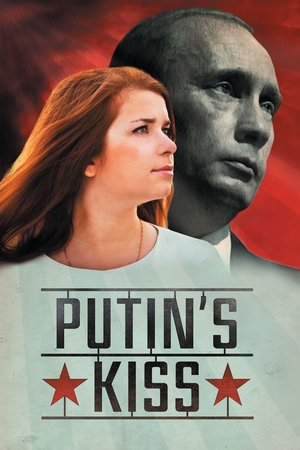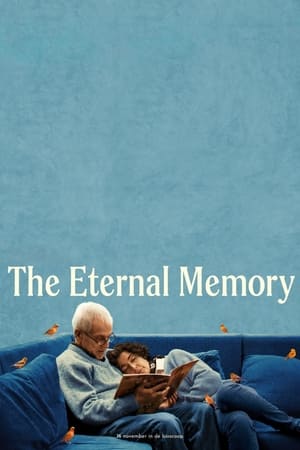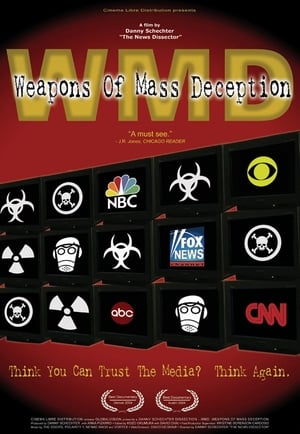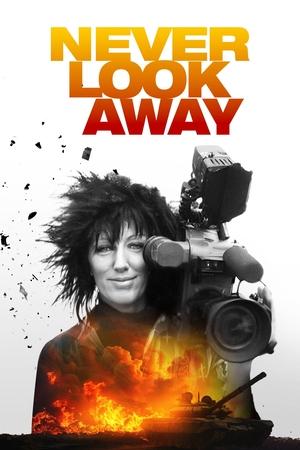Overview
Inspired by a book by Serge July, Le Dictionnaire amoureux du journalisme (A Lover's Dictionary of Journalism) is a declaration of love for freedom of the press, which underpins all other freedoms. This immersion with journalists at the heart of the stories they have covered brings to life often deeply moving investigations. Above all, it explains what a journalist is, what drives them, and what we owe them.

 French
French
 0
0
 2024
2024
 France
France



